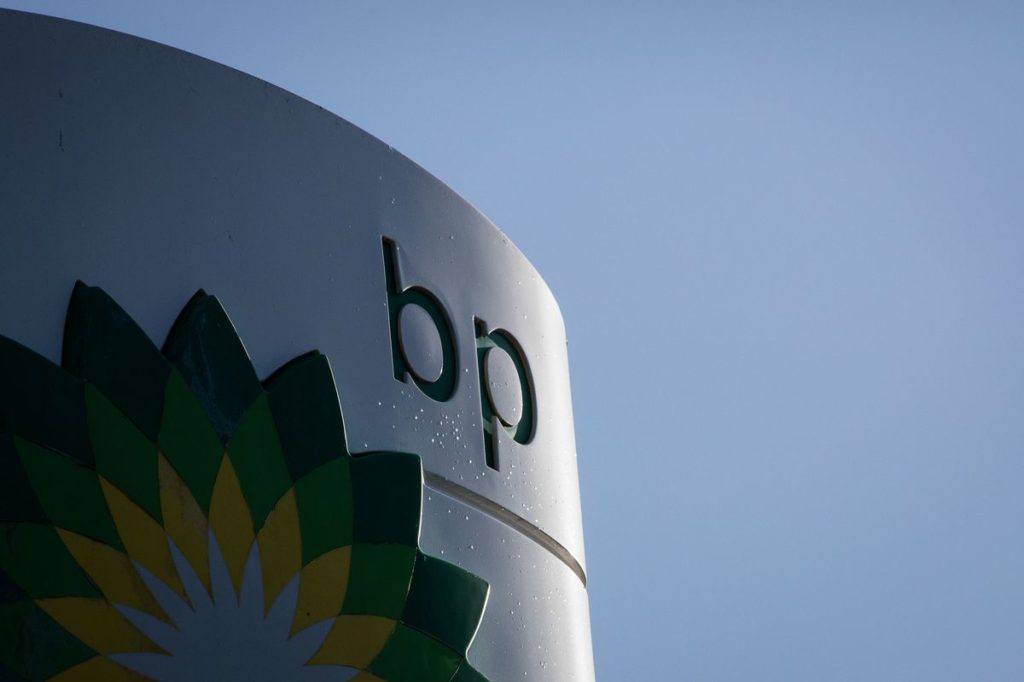
The activists who rankled Royal Dutch Shell Plc by filing climate-change resolutions for three straight years now are targeting other oil majors.
Follow This, a Dutch group that accumulates shares in oil companies in order to press them over greenhouse gas emissions, has filed another resolution against Shell for 2019. It also filed its first resolution against BP Plc and may target Chevron Corp. and Exxon Mobil Corp. in the same way.
The group, led by former journalist Mark van Baal, has been a source of frustration for Shell management, even though its resolutions have gone down to defeat. Van Baal stood up at the Anglo-Dutch supermajor’s May 2018 shareholder meeting and said Shell was misleading its investors by saying it was on track to meet global climate targets, prompting CEO Ben van Beurden to angrily retort that wasn’t the case.
Last week, seven months after the exchange, Van Beurden softened his tone. He said Shell should do more on climate change and that the company will set public, short-term targets on emissions reductions starting in 2020, which could impact how the company deploys capital.
Paris Accord
“We’ve seen how effective climate resolutions are in the case of Shell,” Van Baal said in a statement. “However, we need the entire oil and gas industry to go along.”
The resolutions will ask companies to align their investments with the 2016 Paris Agreement, in which countries agreed they would try to limit global warming to less than 2 degrees Celsius (3.6 degrees Fahrenheit). Global carbon emissions need to fall 25 percent by 2030 to reach the goal, while some oil companies, mostly in the U.S., haven’t even indicated they’ll cut greenhouse gases to that extent within their own operations.
Along with customer usage, the energy sector accounts for about two-thirds of global emissions, according to the Institutional Investors Group on Climate Change.
BP said in a statement it had received the resolution and was considering it carefully, while also pointing to near-term targets to cut emissions from its own operations and its energy transition report. Shell said the resolution was “unnecessary” given its announcement on short-term targets last week. Exxon spokesman Scott Silvestri declined to comment.
“Chevron is taking prudent, practical and cost-effective actions to address potential climate change risks, including managing emissions, testing new technologies and increasing efficiency,” Sean Comey, a Chevron spokesman, said in an email. “We actively engage with investors to encourage thoughtful dialogue that produces meaningful solutions to climate change.”
Competing Goals
Shareholder pressure has already taken a toll on Big Oil. Last year, as pension funds in Shell’s home country of the Netherlands expanded their criticism of the company, it became the only supermajor to start seeking emissions cuts from customers. That’s on top of the work Shell does to limit pollution from its operations. Follow This wants BP and others to do the same.
Companies have now acknowledged they should contribute to climate solutions. However, oil bosses also say they’re worried about hindering economic growth or disrupting other goals, such as giving everyone in the world access to electricity. Additionally, when Big Oil has ventured into low-carbon businesses in the past, it’s lost money.
Shell and BP are both expected to have annual general meetings in May 2019. Follow This hasn’t yet filed resolutions against Exxon and Chevron and will only do so if it doesn’t duplicate the work of other activist shareholders, Van Baal said in a statement.
Recommended for you
